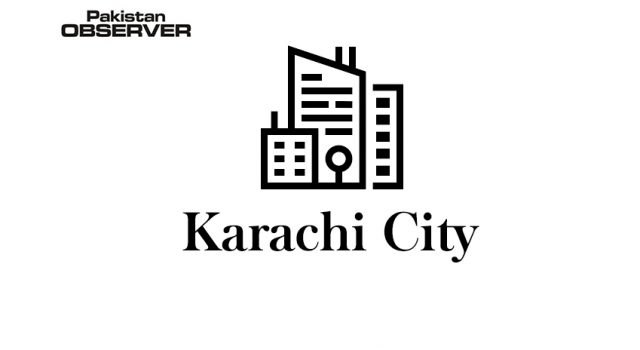The need for a comprehensive approach to ensure that plantation campaigns are organised with due care towards sustainability is, however, generally felt to be a missing link.
“Ecological compatibility of chosen trees coupled with optimum care towards sustainability and deep sense of ownership are key requirements for the success of the efforts being made towards the cause,” said Dr RafiulHaq, a senior plant ecologist.
As per available literature, the industrial hub of the country, which falls in the arid zone, has many indigenous varieties of plants that match the specified conditions in terms of its ecosystem.
People keen to plant fruit trees can go for Jujuba , Moringa, Chiku, Jungle Jalebi, Lasura, Shareefa or Custard Apple seedlings. For those interested in flowering trees, the choice could be Amaltas , Gul Mohar and Lignum (which is not local but is acclimatised).
Meanwhile, trees that provide shade such as Neem, Peepal, Banyan, Siris and Bakain can particularly help counter heat island risks.
All these, besides certain other varieties that may not be indigenous but are low cost, compatible to local conditions and require little upkeep, are readily available.
The Kidney Hill Park is a good example with more than 53 different species planted in recent years blooming there – under the supervision of a senior civil servant and in close coordination with the nongovernmental organisation, Shehri – Citizens for A Better Environment.
“We have managed to plant 130,000 trees of different varieties, many of which can be seen bearing fruits while others are blossoming with flowers, said Dr Saifur Rehman, former municipal commissioner, who worked on developing the park.
“These also attract insects, bees and butterflies (integral components of habitat),” said Rehman, hopeful this is replicated by other stakeholders.










